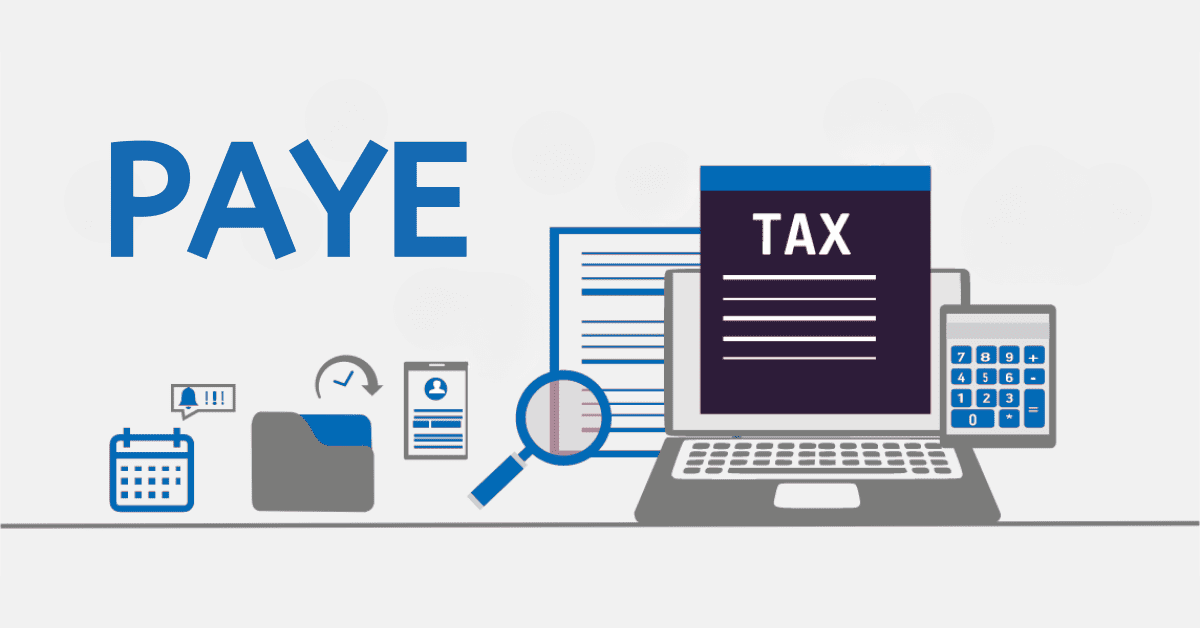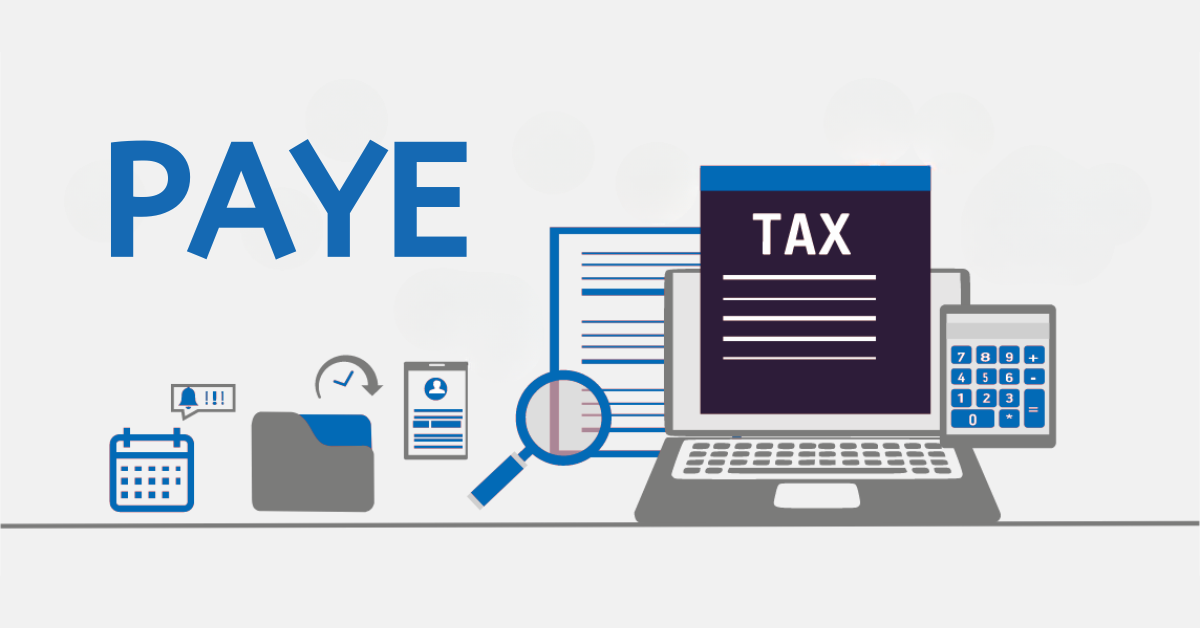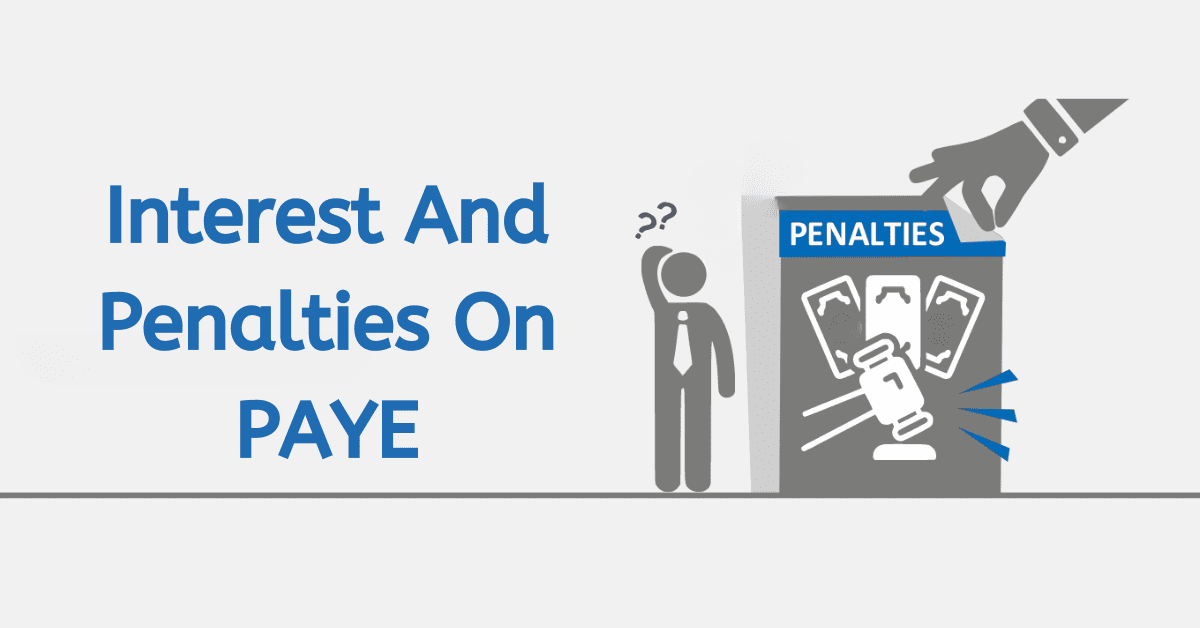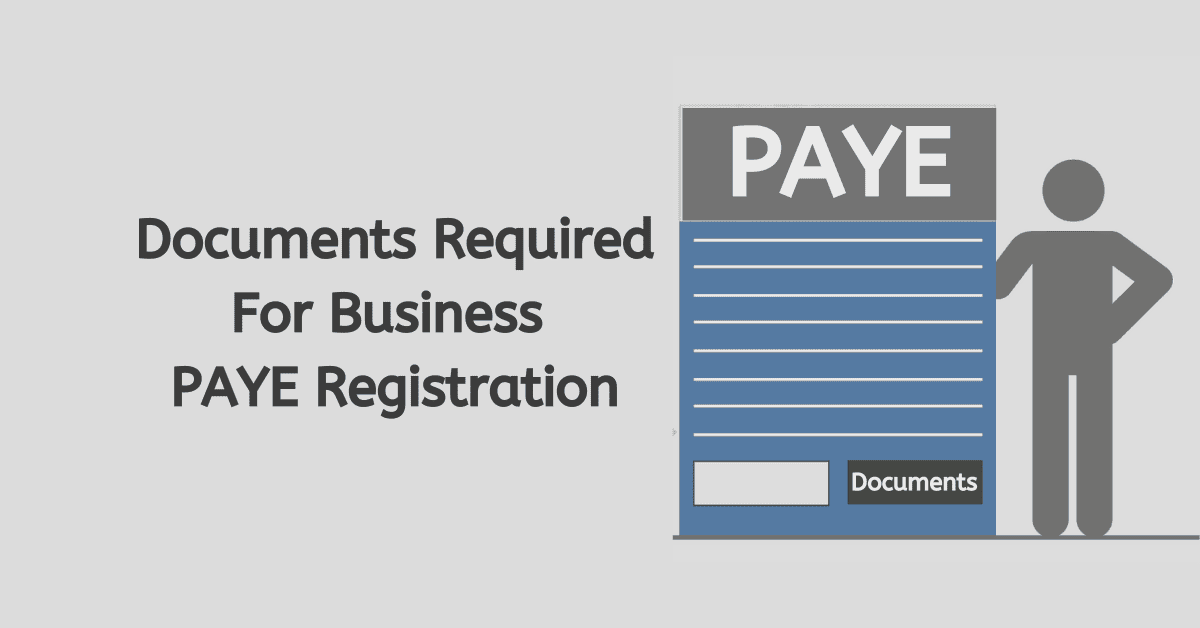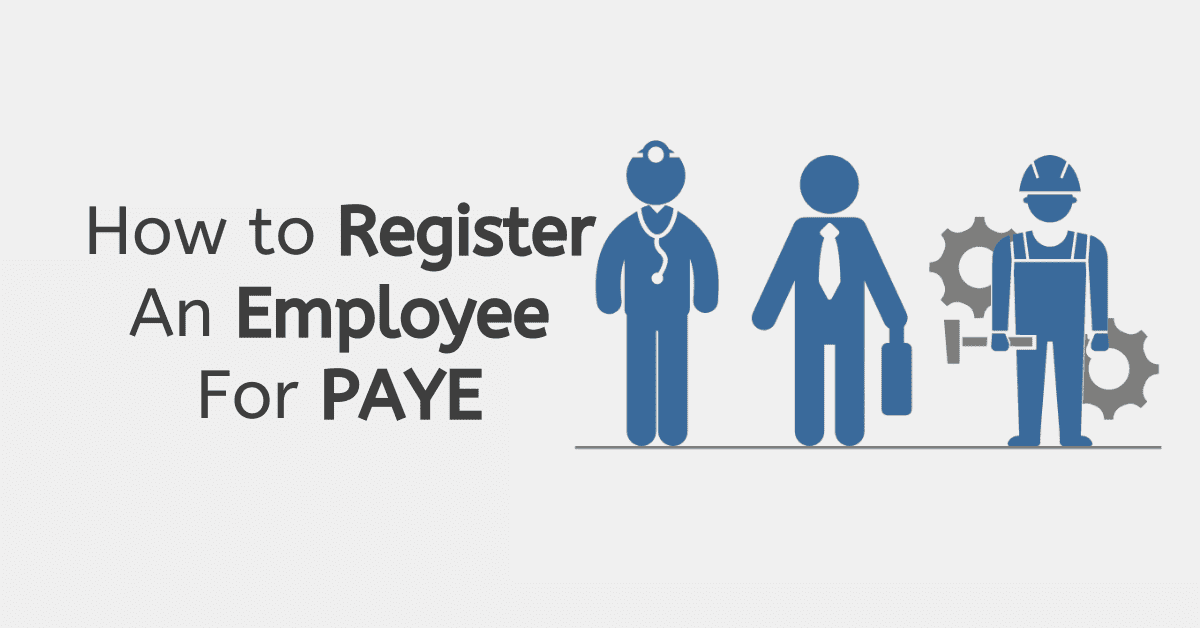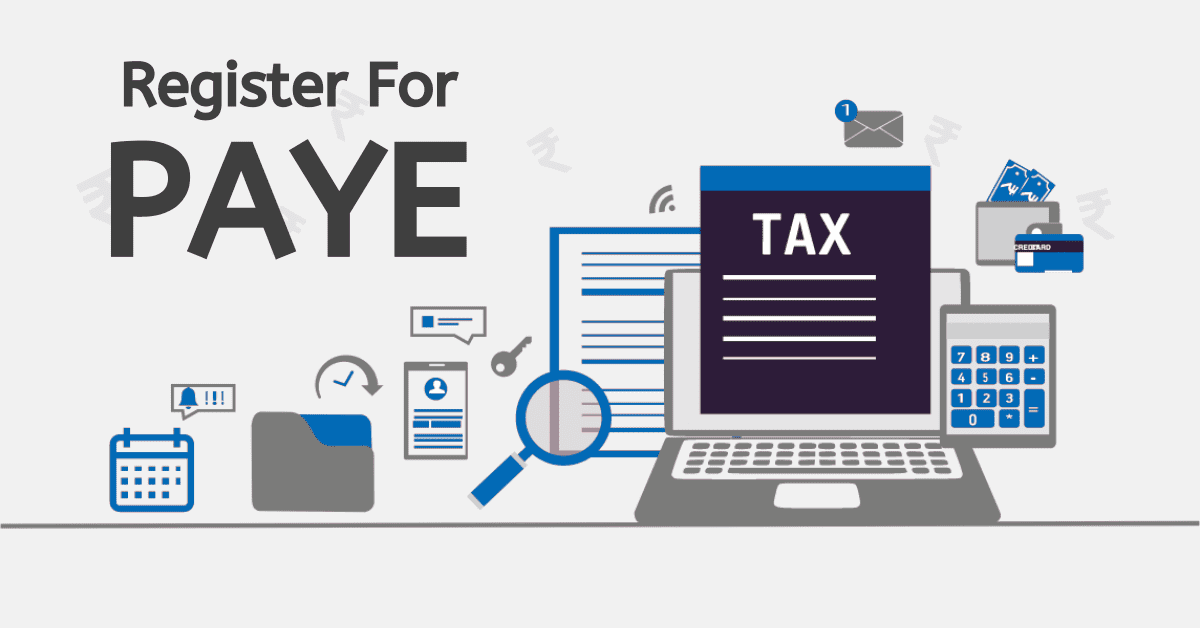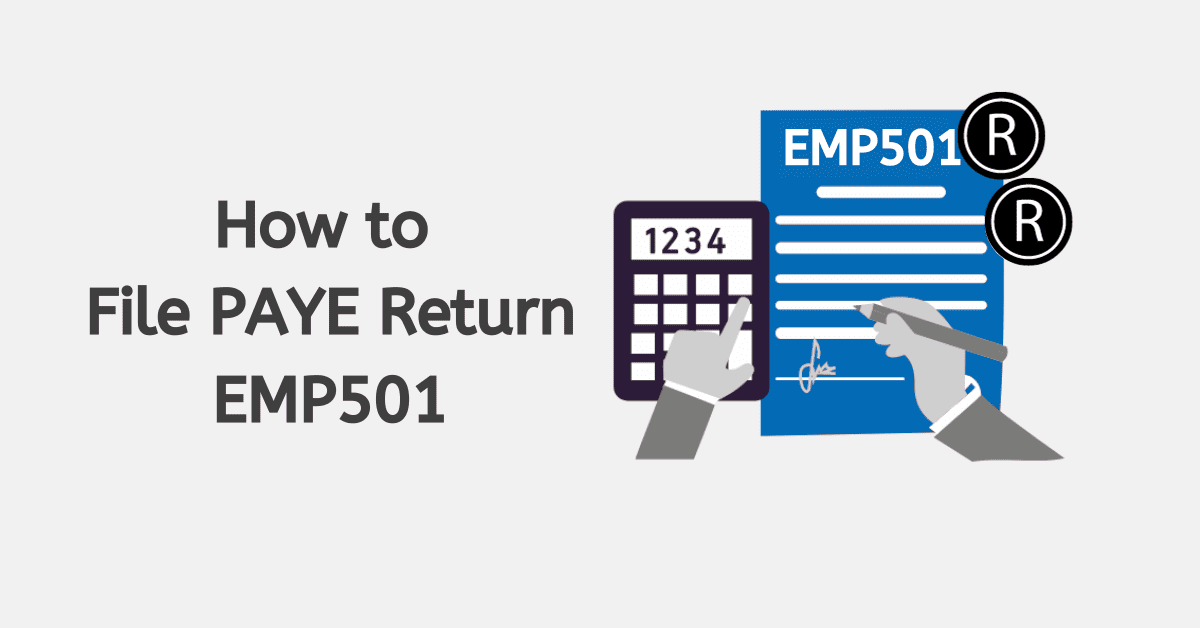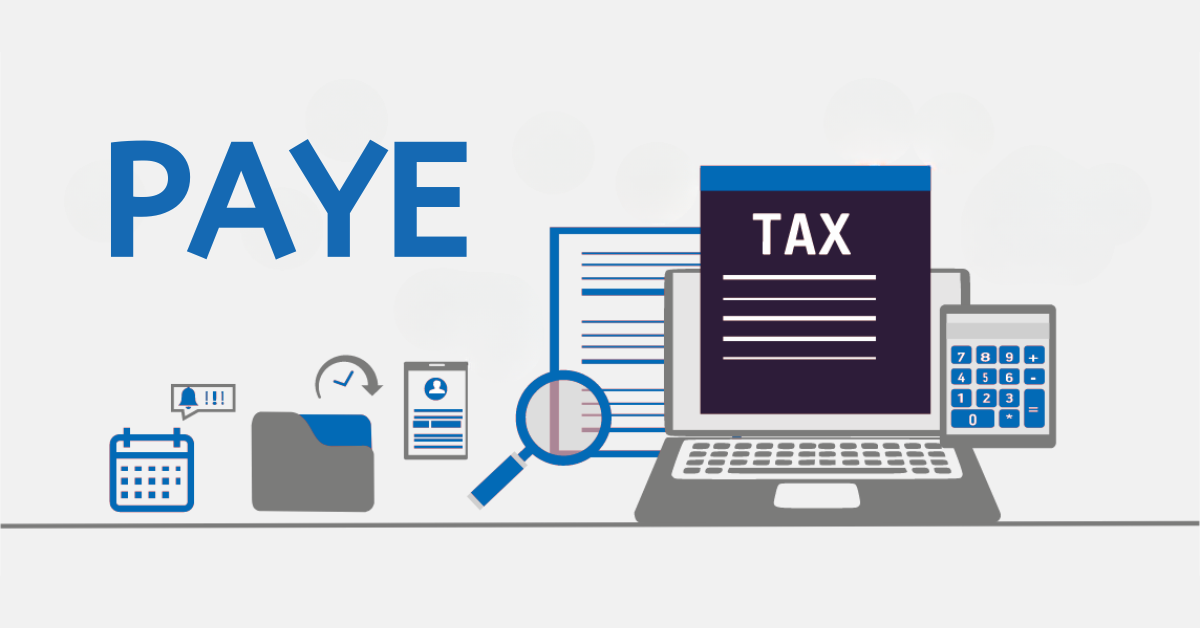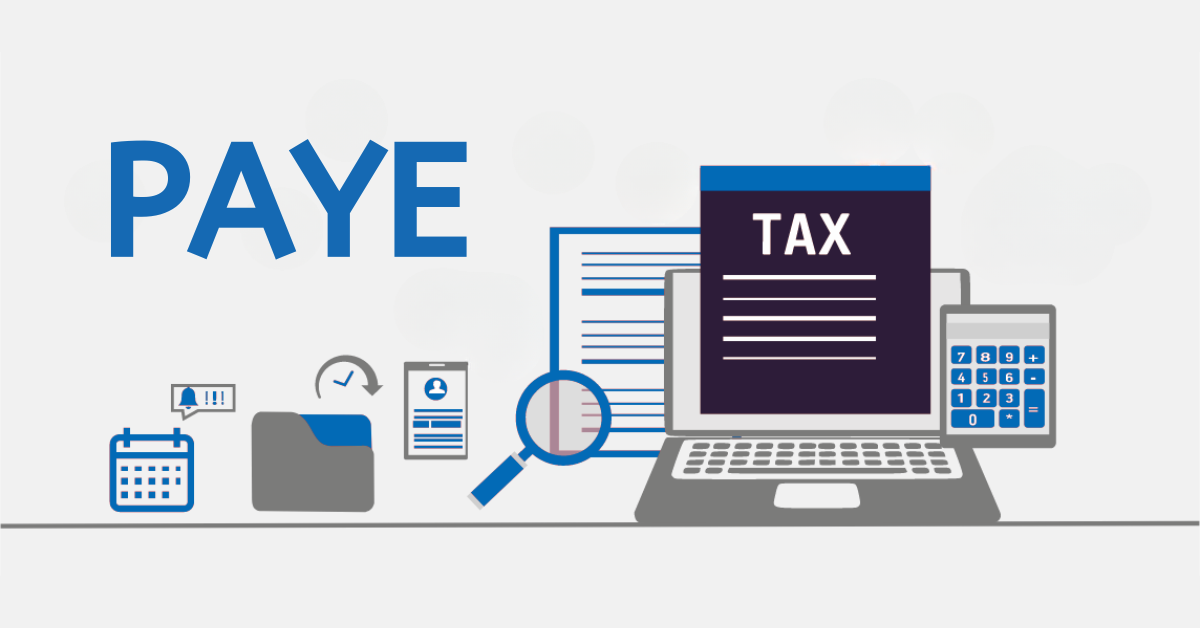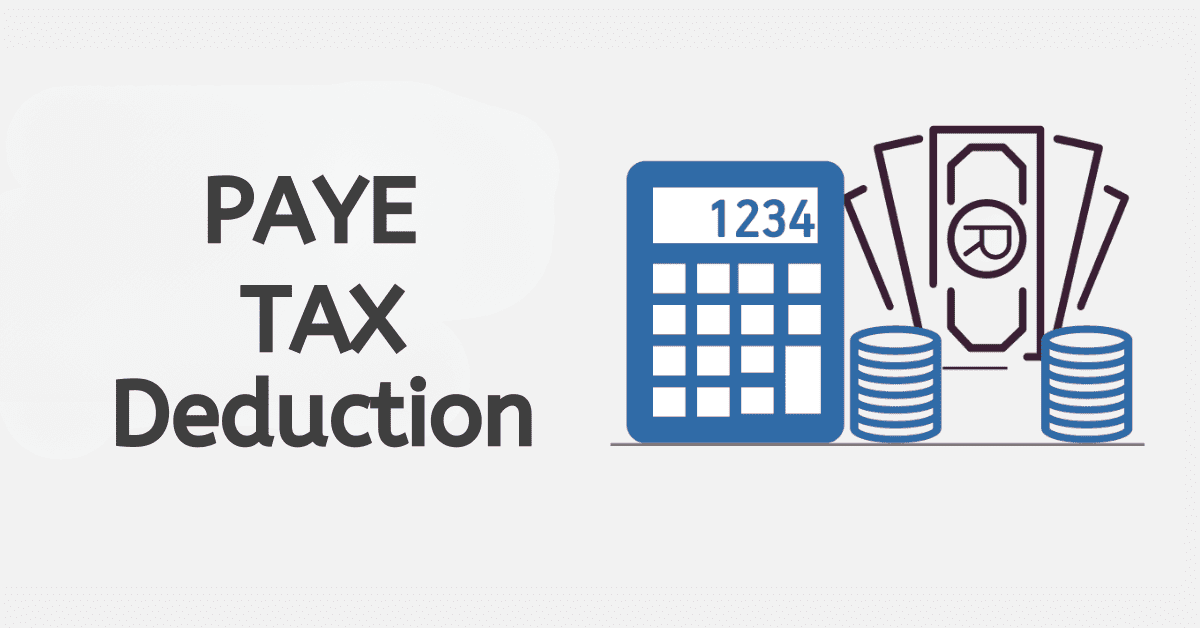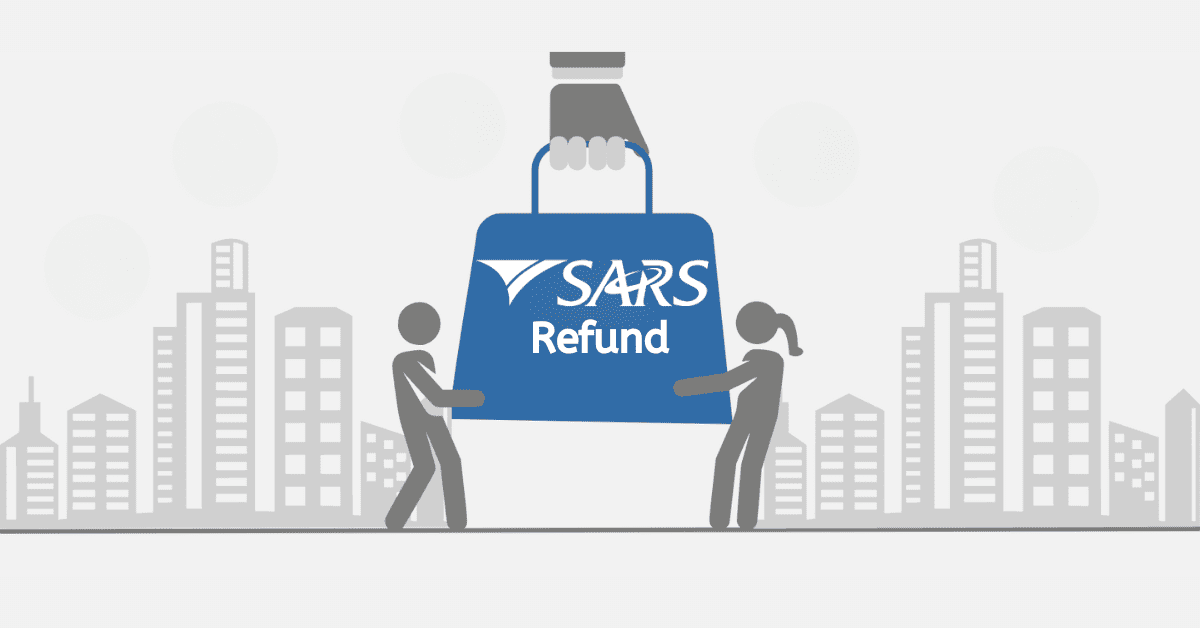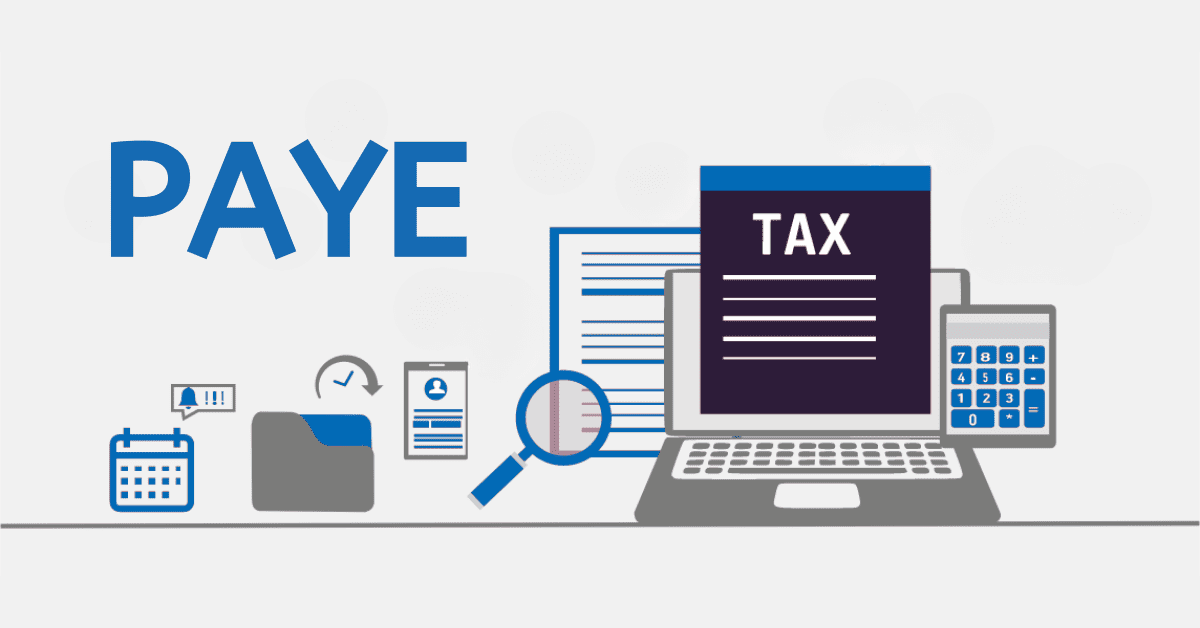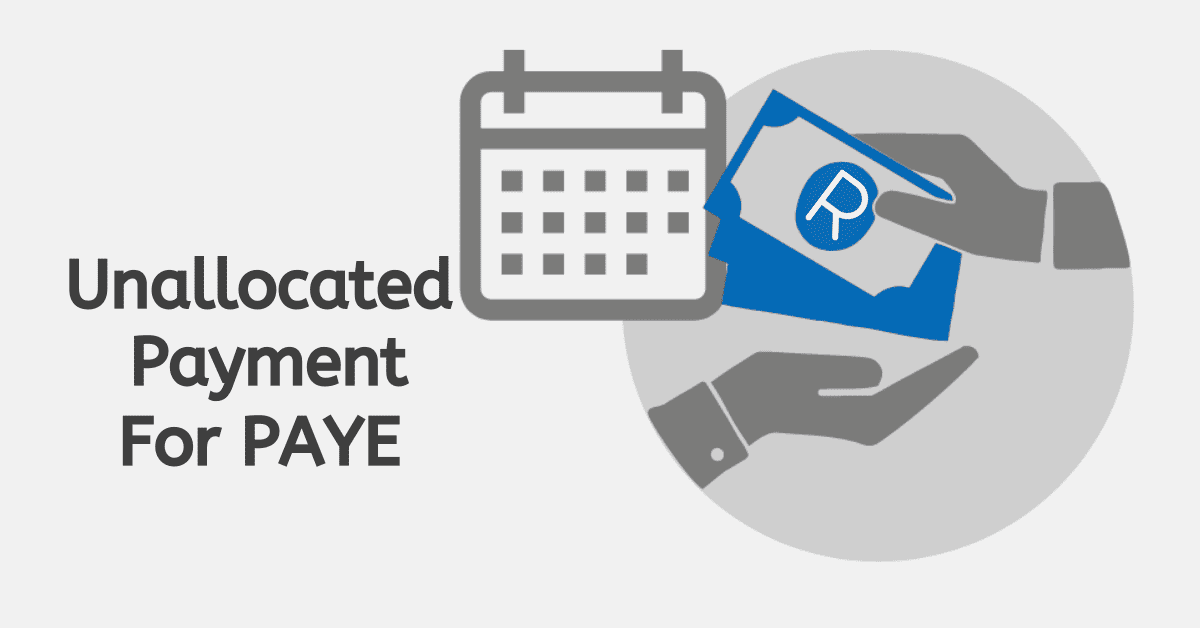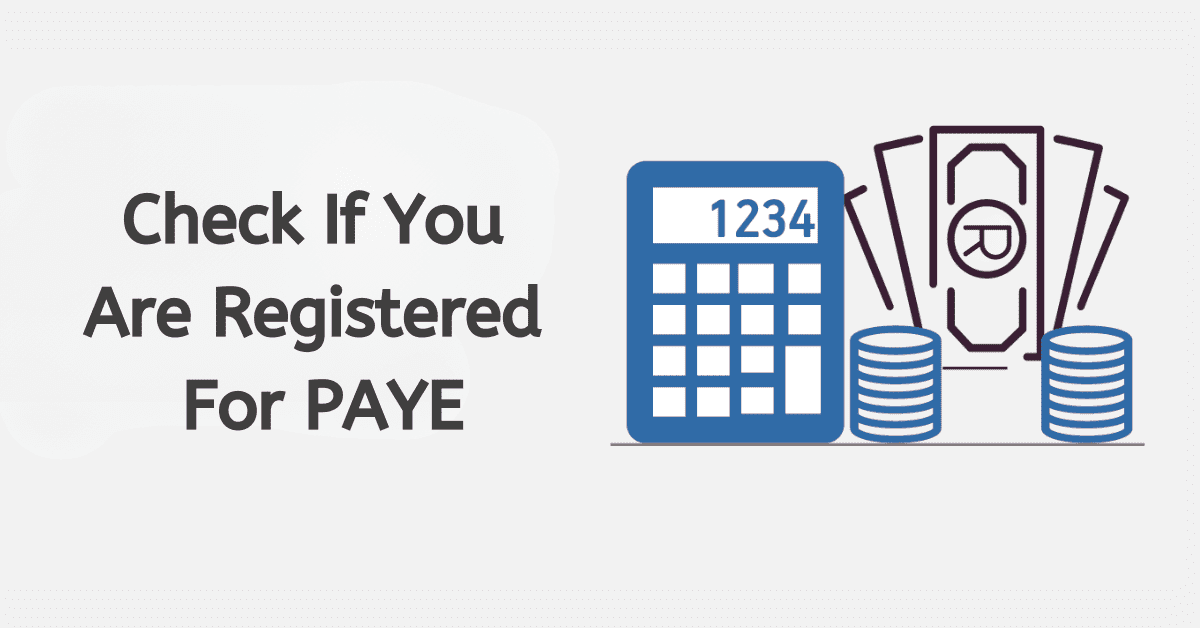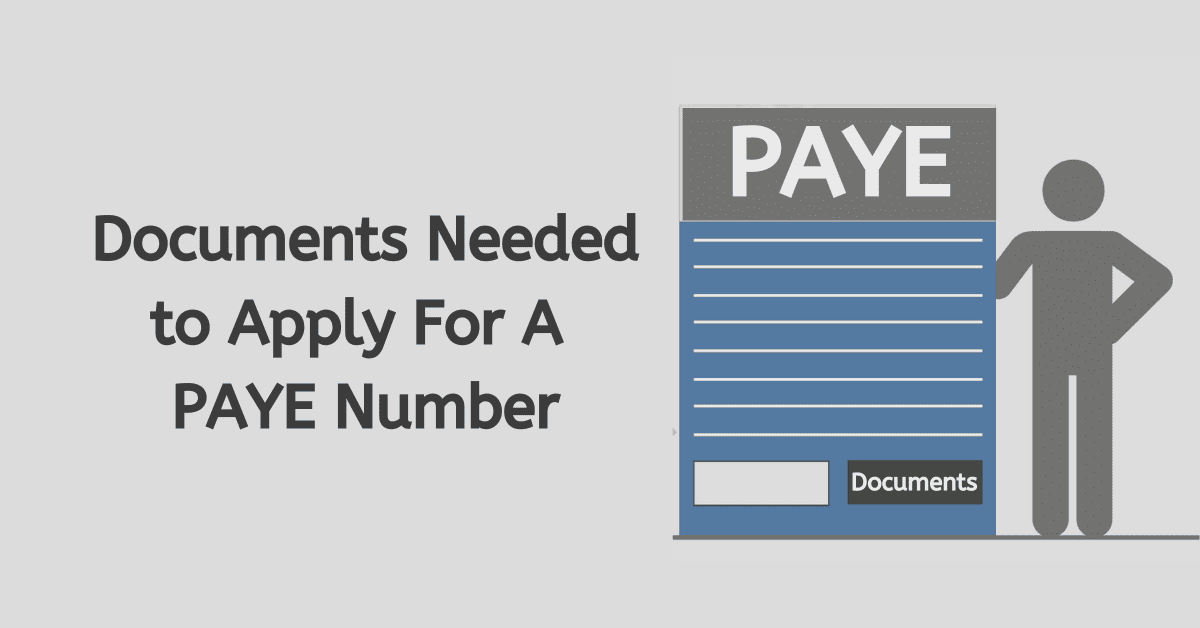According to the Income Tax Act, all employees who earn taxable income must pay a tax known as Pay-As-You-Earn (PAYE). The employer deducts this tax from the worker’s remuneration and pays it to the South Africa Revenue Service (SARS). The employer pays a net salary after deducting PAYE from the gross amount earned by the employee. However, there are certain aspects of the worker’s earnings that are subject to tax at certain rates. Other sources of income are exempt from tax.
The determination of tax liability, particularly PAYE, differs due to different factors. Therefore, the Income Tax rate is not fixed or universal. This article explains some basic concepts of PAYE as they apply to employees in various sectors.
What Amount of Your Salary Is PAYE?
Workers in South Africa are liable to pay PAYE if they earn money above the tax threshold shown below.
Tax Threshold
- R95 750: for people who are below 65 years
- R148 217: for individuals who are 65 years or more but below 75 years
- R165 689: threshold for taxpayers who are 75 years and above
The above tax thresholds are based on cumulative income earned per year by workers belonging to different age groups.
In some cases, you will not pay tax if your taxable income falls below a certain level, depending on your age group. One crucial aspect you should know about PAYE is that when you earn higher taxable income, it means you will pay more tax to SARS.
How Is PAYE Tax Calculated on Salary?
Tax Threshold
- R95 750: for people who are below 65 years
- R148 217: for individuals who are 65 years or more but below 75 years
- R165 689: threshold for taxpayers who are 75 years and above
The SARS table below is used to determine your tax.
Tax Table
Taxable income (R) Rate of Tax
1-237 000 18% of taxable income
237 101-370 500 42 678 + 26% of taxable income above 237 100
370 501 – 512 800 77 362 + 31% of taxable income above 370 500
512 801 – 673 000 121 475 + 36% of taxable income above 512 800
673 001 – 857 900 179 147 + 39% of taxable income above 673 000
857 901 – 1 817 000 251 258 + 41% of taxable income above 857 900
1 817 001 and above 644 489 + 45% of taxable income above 1 817 000
Tax Rebates
Primary (Below 65 years) R17 235
Secondary (65 years & older& R9 444
Tertiary (75 years & older R3145
Assuming that you earn a regular salary of R10 000 per month in 2026, you can calculate your PAYE by following the steps below.
- Multiply your salary by 12 months to get an annual amount (R10 000 X 12 = R120 000)
- To calculate your annual tax rate, cross reference your annual sum against the SARS tax table below. Thus, the tax rate for R120 000 is 18%, which falls under the taxable income bracket of 1-237 000. Therefore, 18% of R120 is calculated as follows: 18 / 100 X 120 000 = 21 600. The annual tax for an amount of R120 000 is R21 600
- The next step is to deduct the primary rebate from the annual tax income. The annual rebate for a person who is 65 years and below is R17 235 (R21 600 – R17 235 = R4365). R4365 becomes your annual tax liability
- De-annualize your tax liability by dividing it by 12 months (R4365/12=R363.75)
- Therefore, your PAYE due every month is R363.75. This is the figure that will be paid to SARS as PAYE and displayed on your IRP5.
When the employer pays contributions like medical aid, retirement annuity, or pension fund on behalf of the employee, they must deduct these expenses from the worker’s earnings when calculating PAYE.
Is PAYE Calculated on Gross or Net Salary?
PAYE is calculated from your gross salary, which includes salaries, allowances, bonuses, and benefits paid before deductions of tax. Income tax is calculated every month, and the employer pays it to SARS monthly. If you earn per week, your PAYE will be calculated using the formula above to determine the annual amount using the SARS tables.
What Is the Minimum Wage for PAYE?
The minimum wage for PAYE in South Africa is determined by the tax threshold below.
Tax Threshold
- R95 750: for people who are below 65 years
- R148 217: for individuals who are 65 years or more but below 75 years
- R165 689: threshold for taxpayers who are 75 years and above
Your employer is supposed to deduct tax every month when you earn a taxable salary or commission. The amount you earn is taxed according to the benefits and other sources of income you have.
All employees who earn taxable income in South Africa are supposed to pay income tax also known as PAYE. As long as your annual income exceeds the threshold determined by SARS, you are liable to pay tax. The employer deducts the tax from the amount earned by an employee and pays it to SARS every month. PAYE is calculated using the tables provided by SARS every year, but this can be confusing at times. If you’re uncertain about how to calculate SARS, it is a good idea to enlist the services of a tax professional to handle that task for you.
